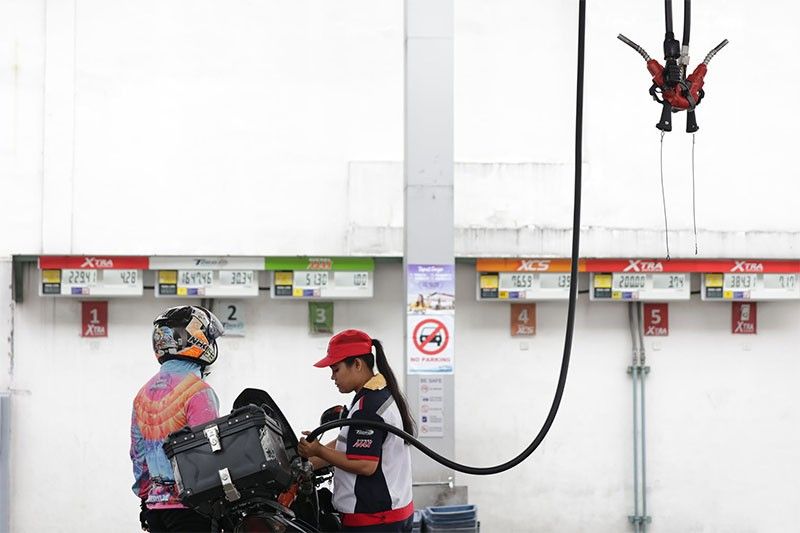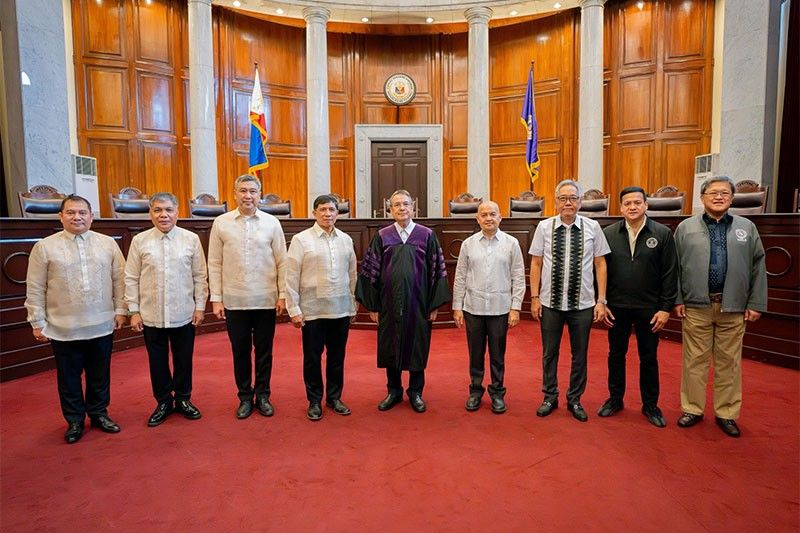
Upgrade to High-Speed Internet for only ₱1499/month!
Enjoy up to 100 Mbps fiber broadband, perfect for browsing, streaming, and gaming.
Visit Suniway.ph to learn
MANILA, Philippines — The prosecution need only present “emblematic” cases that demonstrate the necessary elements for crimes against humanity of murder, regardless of the exact number of extrajudicial killings in the drug war.
Gilbert Andres, legal counsel for EJK victims, said that providing all the names of the thousands killed in the previous administration’s “war on drugs” is unnecessary to prove the charges against former President Rodrigo Duterte.
In an interview with Teleradyo on Tuesday, April 1, Andres said that the prosecution should establish three key points:
- That a policy was in effect under Duterte’s leadership.
- The killings of civilians took place and were not random.
- There is a clear link between the policy and the killings.
“In international criminal law, there is no specific number. What matters is that the emblematic cases presented prove the three elements of crimes against humanity,” he said in a mix of English and Filipino.
Andres referred to the International Criminal Court’s (ICC) “Elements of Crime,” which outlines the requirements that must be met for an act to constitute crimes against humanity of murder.
Under Article 7, the elements are:
- The perpetrator killed or caused the death of one or more persons.
- The conduct was committed as part of a widespread or systematic attack directed against a civilian population.
- The perpetrator knew that the conduct was part of or intended the conduct to be part of a widespread or systematic attack against a civilian population.
But what exactly does “widespread or systematic attack” mean? The phrasing may create an assumption that every death must be proven to substantiate a claim of crimes against humanity, as Vice President Sara Duterte suggests. However, this is not the case.
Proving 'widespread and systematic'
She questioned human rights groups' estimates of 12,000 to 30,000 drug war deaths, but legal experts argue that international law does not require a specific threshold for an attack to constitute crimes against humanity.
What’s crucial, Andres said, is the qualifier that the attack must be “widespread and systematic.” The Philippine government has even recognized that over 6,000 were killed during anti-illegal drug operations under Rodrigo’s term.
Andres, who is also one of the five ICC-accredited Filipino lawyers, explained that the term refers to a “pattern” in the way the attack was carried out.
According to the prosecution's urgent application for a warrant against Rodrigo, “widespread” was characterized as large-scale attacks across the country. His case spans the period when the Philippines was a member of the Rome Statute, including his time as Davao City mayor and as president.
Meanwhile, “systematic” was defined as the presence of a state policy that enabled organized violence, creating a clear pattern that may have incited the attacks. The prosecution pointed to the rollout of his anti-illegal drugs campaign and the consistent violence against a targeted population as justification.
So, what does not qualify as crimes against humanity? Andres gave an example: if there are multiple homicide cases in the country with no connection between them, they wouldn’t qualify as crimes against humanity.
'A single act of murder is enough'
In a 2020 commentary on the Rome Statute, specific to crimes against humanity, Middlesex University international law professor William Schabas had a more comprehensive explanation of how the tribunal would determine crimes against humanity.
He said that while “there is no need to identify” the body, the prosecutor must specify the location, date, method, circumstances and the perpetrator’s connection to the crime.
Citing the Pre-Trial Chamber II, Schabas said that all the prosecution needs is for all “contextual elements” to be met for “even a single act of murder” to constitute crimes against humanity.
These elements include the existence of a state or organizational policy, which, according to Pre-Trial Chamber I, “doesn’t need to be explicitly defined or formalized,” as long as the attack is not spontaneous or isolated.
Another element is the “nexus” or link between the accused's act and the attack on the civilian population. Schabas explained that commonality refers to shared features of the incidents, including their characteristics, nature, aims, targets, alleged perpetrators, as well as the times and locations of the attacks.
RELATED: Duterte’s drug war deaths were far from 'coincidence,' study shows
While recognizing that the number of victims and the nature of the acts are important for the Court to consider, he emphasized that the qualification for “widespread or systematic” pertains to the attack as a whole, not the specific acts the accused is charged with.
So, even though Rodrigo faces charges for at least 43 murders, a number far from the reported thousands, that number should not be dismissed. Each death represents a life lost without due process.
For legal experts, what matters is the bigger picture: prove that the attack was indeed coordinated, carried out through directives, and resulted in the deaths of similar individuals.
After all, Rodrigo’s presidency was built on his drug war campaign, promising the Philippines will be “clean” in six months.
The drug war campaign's blueprint
A day after he took office, the Philippine National Police (PNP) issued a command memorandum in response to his pronouncement, detailing the “Double Barrel” project, or how the anti-illegal drugs campaign will be implemented.
Andres pointed out that the memorandum repeatedly mentioned the “neutralization of illegal drug personalities.” While it never explicitly said “kill,” he noted that “neutralize” served as a euphemism for such orders.
The former president openly used the word “kill” in both English and Filipino when threatening drug suspects who resisted arrest — remarks that, according to Andres, should not be written off as mere “rhetoric” or irrelevant to law enforcement’s actions.
“Those are not jokes. [Rodrigo] Duterte is a lawyer, so he knows the legal implications. … So whatever the president says in a public pronouncement becomes state policy,” he said in a mix of English and Filipino.
Preparations for next hearing
As legal counsel for EJK victims, Andres said he is as confident as Rodrigo’s defense counsel, Nicholas Kaufman. However, while Kaufman argues that the tribunal lacks jurisdiction, Andres believes there is sufficient proof that the ICC still has authority over the case.
The ICC has scheduled the confirmation of charges hearing for September 23, which will decide whether the trial against Rodrigo will proceed.
During the hearing, the prosecution will present evidence for each charge, while the defense may object, challenge the evidence or present its own. Based on the proceedings, the Pre-Trial Chamber will either confirm or dismiss the charges.

 2 months ago
21
2 months ago
21



